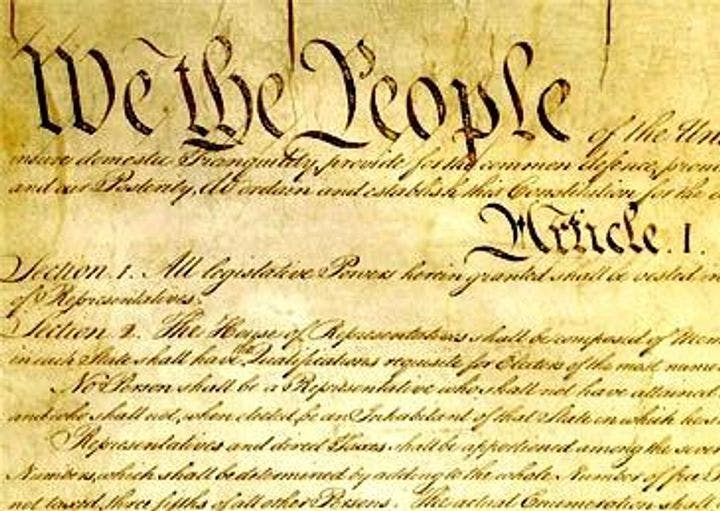Winter 2010
Clipping the President's Wings
– The Wilson Quarterly
Roughly 80% of the United States' international commitments are made by the president acting alone.
It may be Congress’s job to write the laws in America, but when it comes to international affairs, the legislators have all but relinquished their role. Today, roughly 80 percent of the United States’ international commitments are made by the president acting alone, writes Oona A. Hathaway, a professor of international law at Yale Law School.
In the years after World War II, Congress began passing statutes that delegated power to the president to make certain kinds of international agreements without further congressional input. Although many of the initial provisions were carefully constrained, today’s are vague and open-ended, giving the president unilateral and expansive authority over almost every area of international law, from fisheries to atomic energy. In the past decade, the State Department has reported an annual average of 200 to 300 agreements made by the president under the authority of these statutes. One such agreement, made in 2007, dealt with the safety of drugs and medical devices imported from China. In that same time span, Congress has ratified just 20 treaties annually.
But presidential power grab it wasn't. Rather, it was Congress that, “because of a combination of institutional myopia and political incentives,” more or less unwittingly gave away its power bit by bit. Handing over international lawmaking to the president meant more time to work on the domestic issues that decide elections. The courts, Hathaway writes, “have done nothing to correct the imbalance.”
Some have argued that the resulting arrangement is preferable—that Congress is ill suited to making international policy. An effective international negotiator must have the authority to sign an agreement that will not be second-guessed and amended by Congress, they contend. Hathaway is unconvinced. Not only is it “inconsistent with basic democratic principles” for the executive to have unmitigated power in conducting international affairs, but it “can lead to less favorable agreements” that don’t have necessary support from Americans who will be affected. And a negotiator who has to answer to Congress often has a stronger position, she argues. With the legislative branch lurking in the background, the president can refuse to give ground on certain provisions, on the pretense that such a deal will never garner approval.
Hathaway proposes comprehensive reform in how the United States makes international law. Congress could continue delegating authority to the president to make international agreements, she suggests, but those delegations should be narrow and include sunset provisions. The president should have to submit more agreements to Congress for review before they go into effect, a requirement that would encourage him to seek the legislative branch’s input throughout the process. And legislators should adopt an expedited process for approving agreements. Through such changes, Congress would be brought back into the process. Hathaway stresses that making international law should not be the prerogative of the president.
* * *
The Source: "Presidential Power Over International Law: Restoring the Balance" by Oona A. Hathway, in The Yale Law Journal, November 2009.
Photo courtesy of Flickr/Robert Huffstutter
